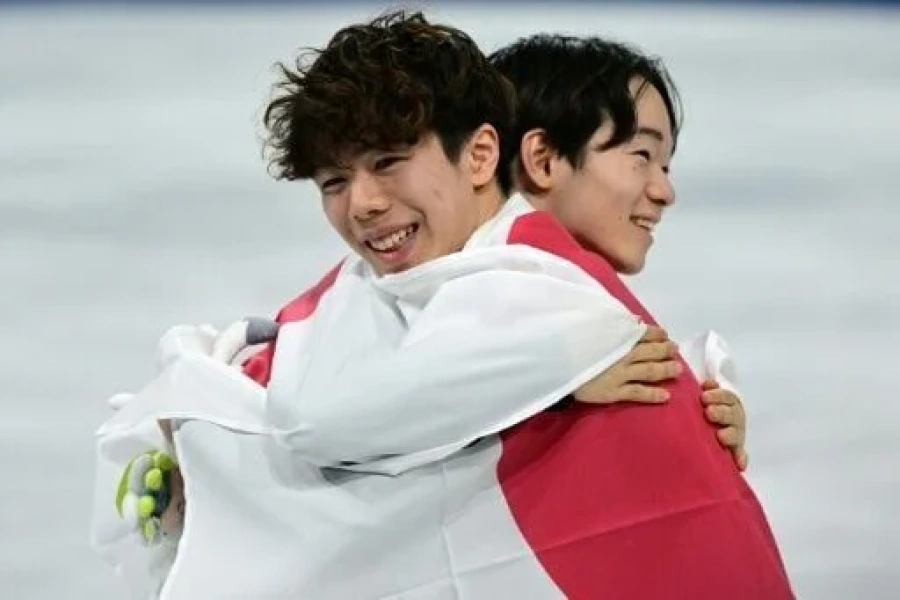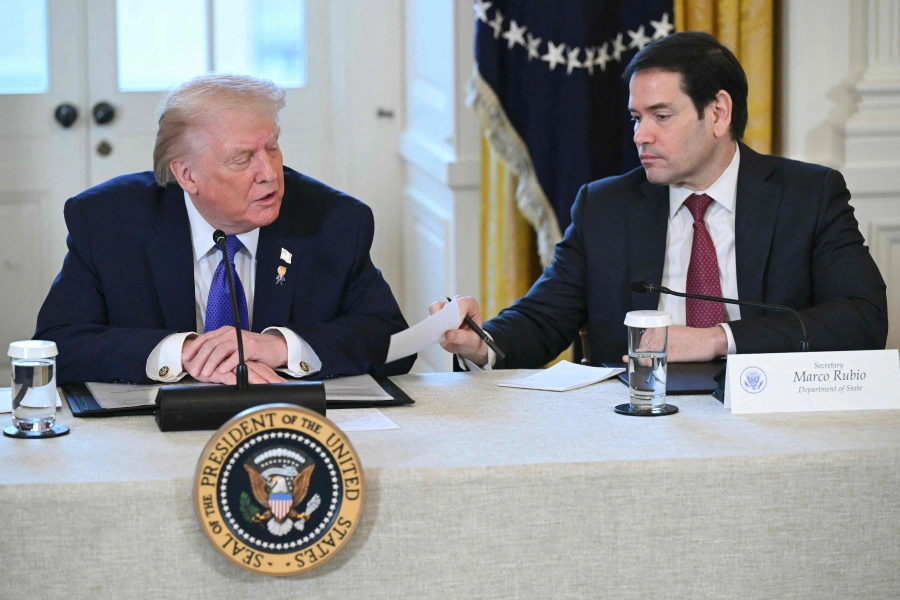State watch on media
Compared to other countries in the region, Nepal fares well in terms of press freedom and journalist’s safety. In 2017, for example, we did not have to witness a single case of journalists being killed or displaced from their workplace due to journalistic performance. There were fewer cases against press freedom, according to Federation of Nepali Journalists (FNJ) data. In the World Press Freedom Index of 2018, Nepal was ranked second in South Asian countries. Despite other challenges, journalist safety in Nepal is comfortably better than other countries in the region, even India. Now one of the fears is whether we will be able to keep this momentum, as government ministers are showing intolerant and unacceptable behaviors toward journalists. Last week, Minister for Communication and Information Technology Gokul Baskota not only became the cause for a journalist to lose his job but also to stop the airing of a popular talk show, ‘Sidha Prasna,’ in state-run Nepal Television.
The CIAA has failed us

The program which had been on air for the past 12 years was abruptly cancelled after Baskota’s interview where he was quizzed about his property by program producer Raju Thapa. Apparently the minister was angry upon being questioned about the details of 17 tolas of gold and 60 tolas of silver in his possession. Baskota has denied the allegation but it is not hard to understand that he was not happy to be asked difficult questions. This is where the problems start. In a democracy, press safeguards the rights of people, interrogates people in power, exposes their wrongdoings and makes them accountable. If the government of K P Oli has really become intolerant toward the press and the concerns raised by the civil society, we must say, it has started to harbor authoritarian ambitions—the ambitions that media fraternity should constantly watch, report and foil. The relation between political parties and media should be mutually reinforcing in a democracy. In Nepal, leaders have often sought media support when they are cornered by other forces but when the same leaders reach corridors of power they become attention seekers and propagandists. They like only appeasement. They start to spit venom against journalists when the latter disclose abuse of authority, non-transparent deals and irregularities. This does not help in creating environment for responsible politics.
Regimes in South Asia, especially in India, Bangladesh and Pakistan, have become extremely intolerant toward journalists. On Thursday, Shujaat Bukhari, a leading journalist and editor of Rising Kashmir, who constantly raised voice for peace in Kashmir, was shot dead along with his bodyguards. In Nepal, we have not had to deal with similar situations for the past few years though journalists sometimes are threatened or even forced censorship. When the state itself undermines journalists, other actors will surely try to take advantage of the situation. A first sign of the dictatorship is when the rulers want the media to report only what they want to hear. We hope the NTV incident will remain a stray incident. Nepali media—especially the private ones—has come a long way despite all forms of challenges. They will keep asking hard questions. People in power must be ready to answer them, all the time.




































